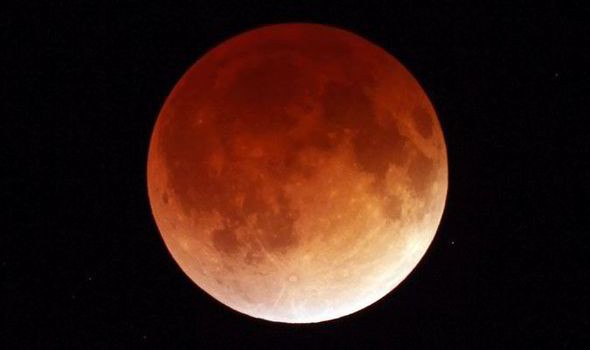A total lunar eclipse is waiting to be unfolded in the North American sky this coming Saturday though astronomers warn it is also going to be the shortest of the century. Spanning just about 5 mins, the celestial event will also be for the early risers, 4:57 AM to be precise and will last for the next 4 mins and 43 seconds.
The eclipse will be clearly visible in the Bay area in North America though the rising sun will be spoiling the show as we move westwards. The eclipse will also be visible to those living in parts of South America, India, China and Russia. However, the eclipse won't be visible in Greenland, Iceland, Europe, Africa and the Middle East, Nasa sources revealed.
Another unique aspect of the coming eclipse is that it is going to be the third in a series of 4 eclipses set to take place, a phenomenon termed as a tetrad. The first two happened on April 15 and Oct 8. Post the eclipse on Saturday; the next eclipse of the tetrad is scheduled on September 28, revealed Nasa.
Total lunar eclipses are also called blood moon owing to the reddish tint that it adopts once the earth begins to cast its shadow on the moon. With the earth's atmosphere filtering out the blue light, it's only the reddish hue that befalls on the moon, mentions CNN. Lunar eclipses happen once the earth, the moon and the sun are aligned in the same line with the earth coming in between the sun and the moon. The impending shadow of the earth on the moon is what has come to be known as the lunar eclipse.
Things though were far from this simple in the ancient days when such celestial events were attributed to all sorts of misgivings in different parts of the world. Interestingly, in almost all the cases, eclipses were considered ominous and were treated as harbingers of something evil likely to happen.
Such associations often existed thanks to real time recurring events that plagued everyday life of people. For instance, with Japan already sitting on top of one of the world's most seismically active zones on earth, it isn't surprising for lunar eclipses there to be associated with death and destruction brought about more by earthquakes than anything else.



























